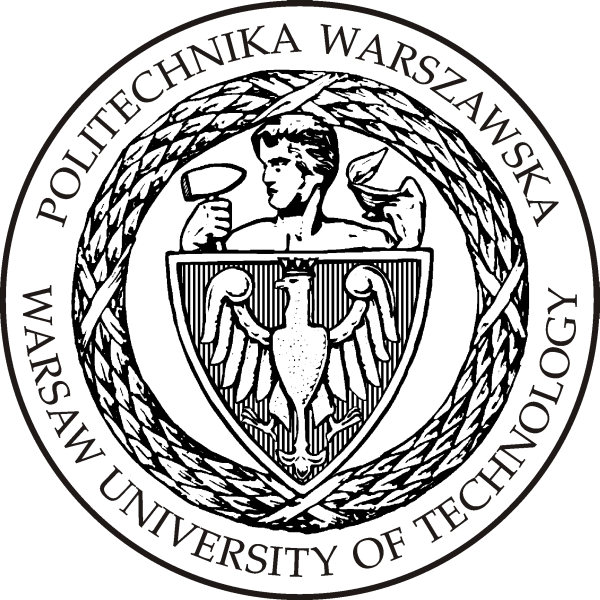Low Energy Consumption NETworks
Funding: the project was financed under Siódmego Programu Ramowego.
The project was carried out by a consortium: Mellanox Technologies Ltd. (Israel), Alcatel-Lucent Italia S.p.A. (Italy), Lantiq (Germany), Ericsson Telecomunicazioni S.p.A. (Italy), Telecom Italia (Italy), Greek Research & Technology Network (Greece), NASK (Poland), Dublin City University (Ireland), VTT (Finland), Politechnika Warszawska (Poland), NetVisor (Hungary), Ethernity Networks Ltd. (Israel), LightComm S.r.l. (Italy), Infocom (Italy).
The amount of the grant awarded: 6 199 907 euro, Warsaw University of Technology received: 173 640 euro.
Implementation period: 2010–2013.
The aim of the project was to develop and test prototype hardware and software solutions enabling the implementation of the concept of energy-efficient wired network architecture. The main research and development tasks carried out under the project were focused on developing new hardware technologies, programming interfaces and control algorithms allowing the network to effectively adjust energy consumption to the observed load and requirements related to the desired level of service quality (QoS). An important result was the development of the concept and implementation of the Green Abstraction Layer (GAL) in the prototype network adapting ACPI standard to the characteristics of network equipment operation. The task of the GAL interface is to unify energy management for different types of network devices. The team from the Warsaw University of Technology has developed innovative control mechanisms allowing IP networks to adjust energy consumption to the traffic volume, guaranteeing the required quality of service. Technologies available in modern processors and network cards were used: hibernation and processor frequency scaling. Hibernation was used in a prototype remote network management system for planning router activity (sleeping during periods of low traffic). Processor speed scaling was used in the prototype Linux kernel module to select the speed of execution of instructions by the CPU, ensuring safe handling of tasks, reducing power consumption. The obtained energy savings - up to 20% without loss of quality
The solutions may be of social importance in terms of environmental protection (e.g. reduction of the carbon footprint) and of economic importance - development of new network technologies.
More information: project page.



